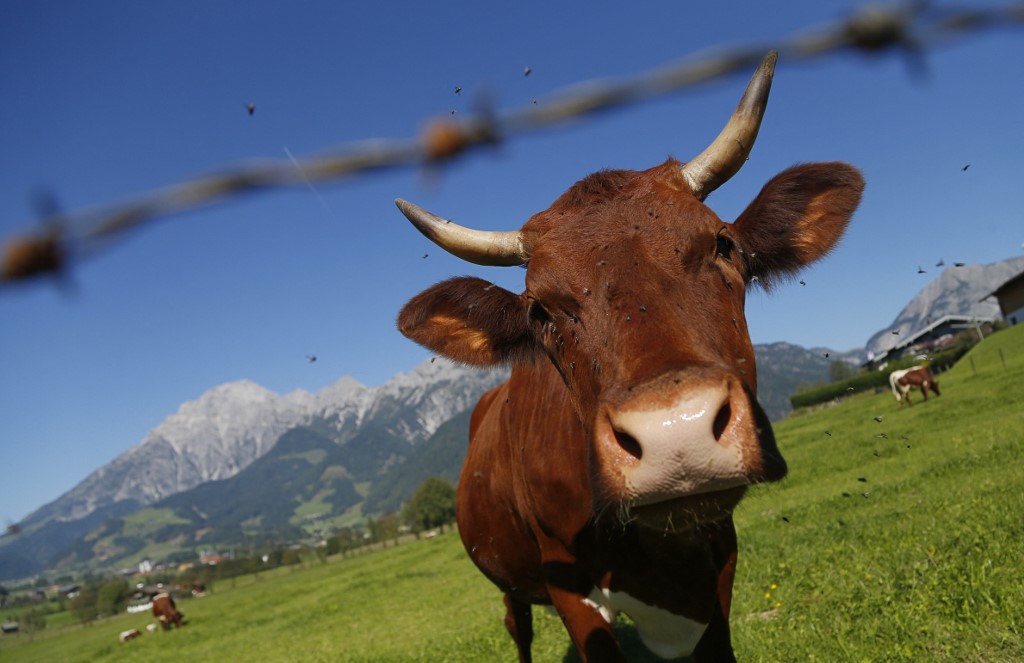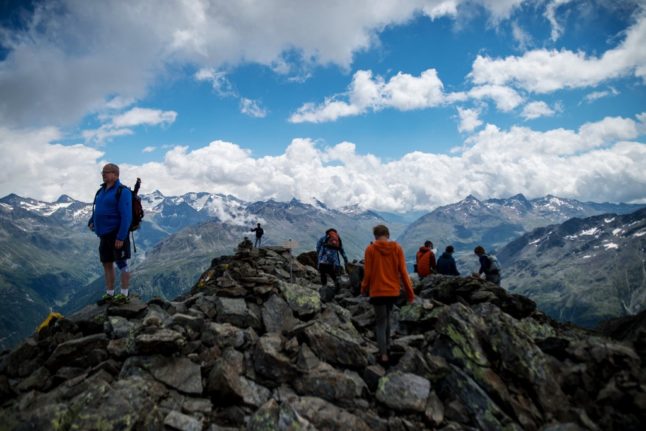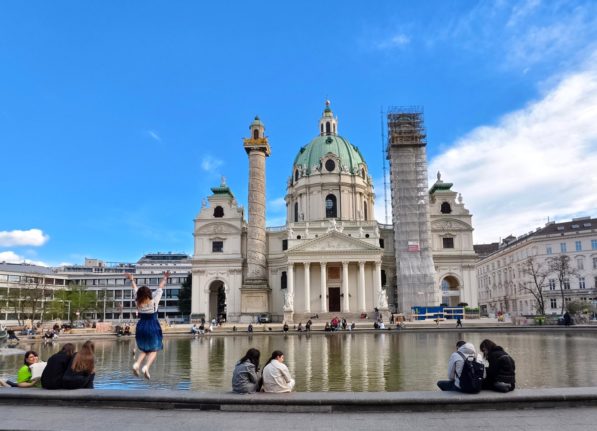Austria’s most popular sport is hiking, a poll from this summer shows, with a staggering 57 percent of respondents choosing to wander up mountains ahead of swimming in second place or rugby in last place.
That may not be surprising in a country where 60 percent of the territory is made up of the alpine mountain range.
But hiking or “wandern” is deeply rooted in Austria culture.
Let’s start with the word. Whereas “hiking” sounds like you need to be breaking out in a sweat and scaling high summits, wandern conjures up a much more pleasant picture, as if you are not only walking outside but also pondering what life means.
Some of the key factors that contribute to Austrians’ love for wandern are the stunning natural scenery, accessible trails, and active culture. Austria boasts a breathtaking landscape with picturesque mountains, pristine lakes, lush forests, and charming alpine villages. You may recognise images of Austria from the Sound of Music musical, filmed around Salzburg.
Austria has an extensive network of well-maintained hiking trails, often looked after by local volunteers, catering to hikers of all levels of experience. These trails are typically easily accessible and offer a wide range of options, from leisurely strolls to challenging alpine treks. Sometimes these are too challenging, and visiting tourists get stuck.
Read more: Austrian rescuers save 100 German school children
Austrian culture places a strong emphasis on an outdoorsy lifestyle. Hiking, along with other outdoor activities like skiing and mountain biking, make up an integral part of this lifestyle. It’s also seen as a way for Austrians to stay active, relax, and socialise with friends and family.
Many Austrians appreciate the health benefits of spending time in nature and hiking regularly, and may talk about the mental health benefits of a Waldbad – taking a walk or “bathing” in the forest.
There are many traditions associated with the Alps too, with some such as yodelling deeply ingrained in Austria’s cultural heritage.
Austria’s mountain huts (hütten) are another unique aspect of hiking in the country.
Hikers can take a break and enjoy refreshments at these huts, which often serve traditional Austrian dishes such as Schnitzel and popular beverages like Almdudler, adding to the appeal of hiking in Austria.

Hiking is not just a solitary activity in Austria; it’s also a popular social pastime. Friends and family often come together to hike, and hiking clubs or Vereine are common, fostering a sense of community. The largest hiking club is the Austrian Alpenverein, with nearly half a million members.
While hiking is most popular during the warmer months, it’s also enjoyed in the winter as well, when more adventurous Austrians engage in snowshoeing and winter hiking.
Overall, the combination of Austria’s natural beauty, well-developed hiking infrastructure, a culture that values outdoor activities and the mountains, all help explain why Austrians love hiking.



 Please whitelist us to continue reading.
Please whitelist us to continue reading.
Member comments